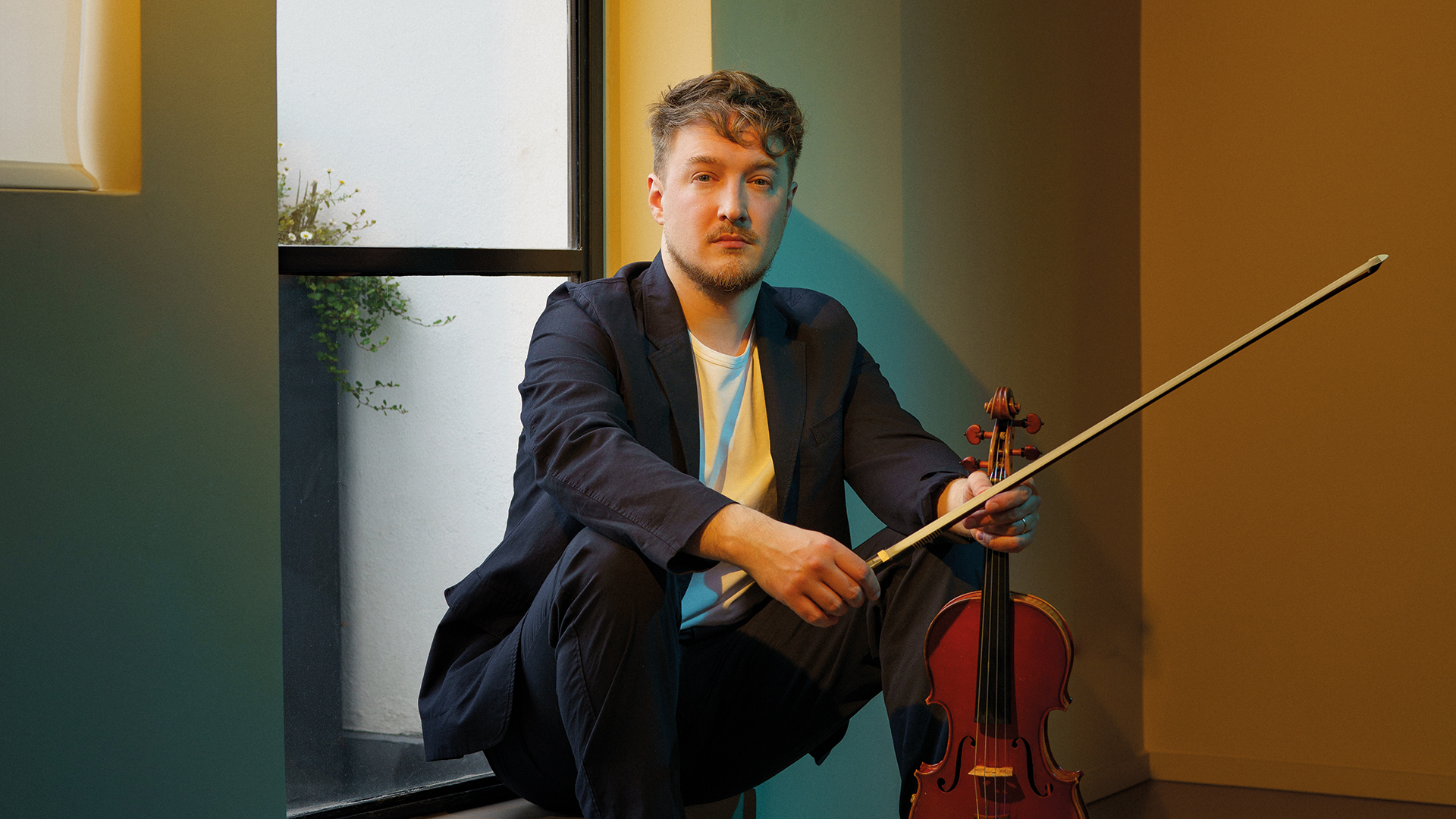“More mud than mist these days. More rain than shine. Leaves to scuffle; berries and nuts to squirrel away,” reads a familiar voice. “The house hunkers down, heaves and creaks. In the monster gale that shakes windows and doors… it’s not Wordsworth, but that gives you a flavour,” says Michael Morpurgo, smiling out from the screen. Occasionally, this job has its perks, and Sir Michael giving an impromptu reading of work-in-progress via Zoom is certainly one of them.
The War Horse author has written a new piece to complement Vivaldi’s TheFour Seasons, the evocative violin concerto that captures the essence of spring, summer, autumn and winter. He’ll narrate the words alongside violinist Daniel Pioro, who has curated the concert (May 21, Queen Elizabeth Hall) as part of his residency at London’s Southbank Centre.
The Four Seasons is one of the most recognisable pieces of classical music, up there with Beethoven’s Fifth Symphony, Puccini’s Nessun dorma and the Habanera from Bizet’s Carmen. In some ways that popularity hasn’t helped – you’re more likely to hear a tinny recording of Spring as hold music on the phone, rather than see it performed live on stage. Pioro thinks that’s a shame: “Vivaldi’s music is packed with colour and character,” he says. “I’ve always adored the vividness of Michael’s words and I was hoping he’d be enthusiastic about writing for Vivaldi’s seasons.”
He was – Pioro received a draft almost immediately after the proposal. It’s not the first time the violinist and writer have worked together: Pioro has performed the stage version of Morpurgo’s The Mozart Question – the children’s story about a violinist’s parents’ experience during the Holocaust –for over a decade. Music is important to Morpurgo; in 2021 he wrote new episodic pieces to accompany Saint-Saëns’ Carnival of the Animals, which was performed by the Kanneh-Masons at the Proms. But the writer is under no illusions of his own musical ability. “I took Grade one violin – and just passed,” he smiles. “It is an honour to be connected to music through words.”
Vivaldi’s The Four Seasons have been sampled and reworked for centuries – including by the composer himself. Astor Piazzolla’s irresistible tangos The Four Seasons of Buenos Aires and Vanessa Mae’s improvisations, often performed on electric violin, feature among modern versions. Max Richter’s 2012 “recomposition” splices and slices Vivaldi’s themes with original material, looping phrases in gently kaleidoscopic turns and twists, creating an electro-Baroque masterpiece. But, although Vivaldi based each movement on a descriptive sonnet, words are rarely incorporated into the concerto. “We want Michael to be part of the ensemble, rather than a separate narrator,” says Pioro.
That’s because these words are an integral part of The Four Seasons, drawing out the meaning behind the music. The chattering of nesting birds, flower-strewn meadows, joyful harvests and chilling winters shaped the society that Vivaldi lived in – something that is under threat in the 21st century due to human degradation of the natural world.









